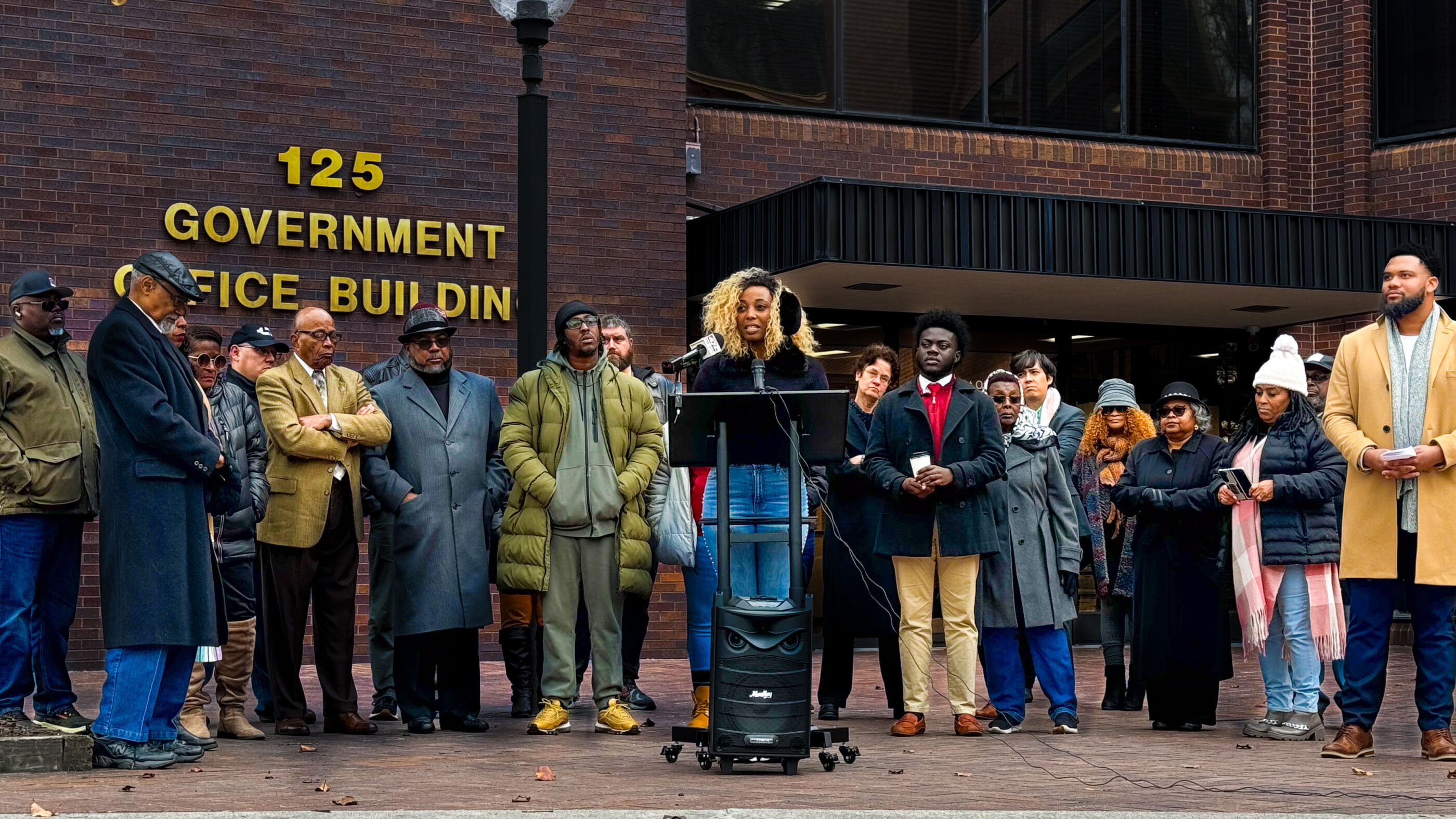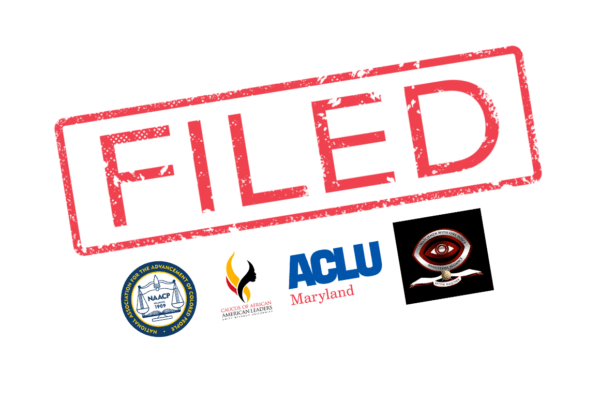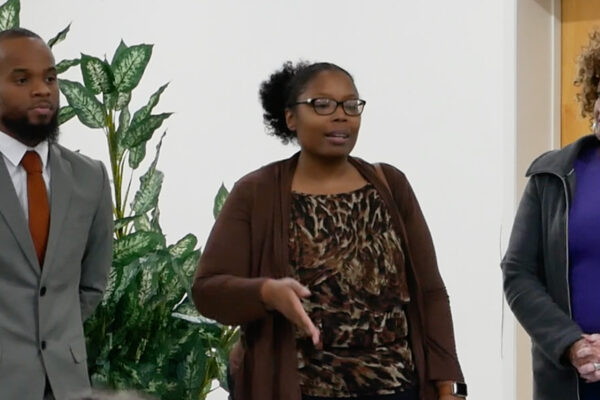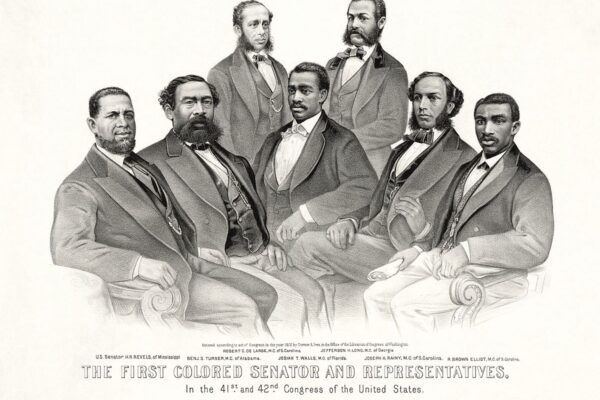More than three decades after those historic advances, the struggle to overcome racial oppression continues anew amid the Shore’s increasing racial diversification.
“The past refuses to lie down quietly,” Archbishop Desmond Tutu famously said of the process of racial reconciliation in South Africa following the dismantling of apartheid.
Renowned civil rights lawyer Sherrilyn Ifill echoes this sentiment in describing the shadow of past racial violence haunting Maryland’s Eastern Shore:
“The terror visited upon African American communities … lives in the deep wells of distrust between Blacks and Whites in the sense that Blacks still must keep their place and that both Blacks and Whites must remain silent about this history of lynching.” In Wicomico County, site of one horrific lynching chronicled by Professor Ifill, the system of racial subjugation endures through an election plan that makes the votes of Black residents count less than those of their White neighbors.
Challenges to all-white political rule on the Eastern Shore began in the 1980s, when ACLU lawyer Chris Brown and civil rights leader Carl Snowden first engaged with Black voters to pursue a series of Voting Rights Act lawsuits. As a young sidekick to Brown and Snowden, my ACLU career was indelibly inspired by the extraordinary courage I witnessed in Black trailblazers who took on systematic disenfranchisement of Black voters across the Shore. These heroes of yesteryear – Honiss Cane, Fannie Birckhead, James Purnell, and Billy Gene Jackson, among others – sparked transformative change that opened doors to Black representation in many Shore communities for the first time ever.
Now, more than three decades after those historic advances, the struggle to overcome racial oppression continues anew amid the Shore’s increasing racial diversification. In the Town of Federalsburg and in Wicomico County, Black voters aligning with the NAACP and Caucus of African American Leaders are rising up to tackle unfinished work of that earlier era.





